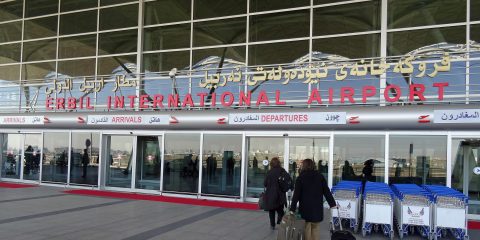Elections And Old Faces: How Often Do Iraq’s Political Elite Change?
Some commentators in Iraq have dismissed the significance of the upcoming elections by arguing that its results are inconsequential since the political class perpetuates itself through several means, namely via established patronage networks. But the results of previous elections challenge such claims, as evident in the low re-election rate, which suggests that the power of […]Hashim Al-Rikabi writes for 1001 Iraqi Thoughts:
Some commentators in Iraq have dismissed the significance of the upcoming elections by arguing that its results are inconsequential since the political class perpetuates itself through several means, namely via established patronage networks. But the results of previous elections challenge such claims, as evident in the low re-election rate, which suggests that the power of the electorate to hold representatives to account should not be underestimated.
Of the 210 incumbents who contested the 2014 parliamentary elections, only 39% (81) secured their seats. In other words, incumbents represented only 25% of the Council of Representatives in 2014.These numbers are considered very low comparing to established democracies, for example, the reelection rate in the United States averaged over 80%.





